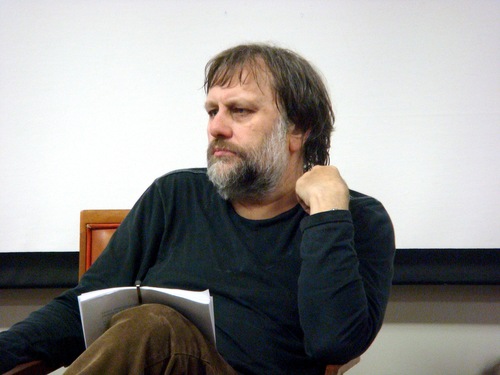The "most dangerous philosopher in the West" returns with a rousing and counterintuitive analysis of our global predicament.
Žižek's most urgent and accessible book yet asks us all to imagine that catastrophe is a foregone conclusion—so that we can actually save the world.
We hear all the time that we're moments from doomsday. Around us, crises interlock and escalate, threatening our collective survival: Russia's invasion of Ukraine, with its rising risk of nuclear warfare, is taking place against a backdrop of global warming, ecological breakdown, and widespread social and economic unrest. Protestors and politicians repeatedly call for action, but still we continue to drift towards disaster. We need to do something. But what if the only way for us to prevent catastrophe is to assume that it has already happened-to accept that we're already five minutes past zero hour?
Too Late to Awaken sees Slavoj Žižek forge a vital new space for a radical emancipatory politics that could avert our course to self-destruction. He illuminates why the liberal Left has so far failed to offer this alternative, and exposes the insidious propagandism of the fascist Right, which has appropriated and manipulated once-progressive ideas. Pithy, urgent, gutting and witty Žižek’s diagnosis reveals our current geopolitical nightmare in a startling new light, and shows how, in order to change our future, we must first focus on changing the past.




